Ensemble Klang Records
Since 2010 we’ve been profiling the composers and works that form our core repertoire on our own record label. The albums have garnered critical praise for both performances and works alike: ‘Ensemble Klang’s playing is intimidatingly good, beautiful and honest’ Trouw; ‘Pure, uncompromising and relentless… Ensemble Klang play everything with an equal amount of precision as intensity and honesty’ 5-star review, NRC Handelsblad.
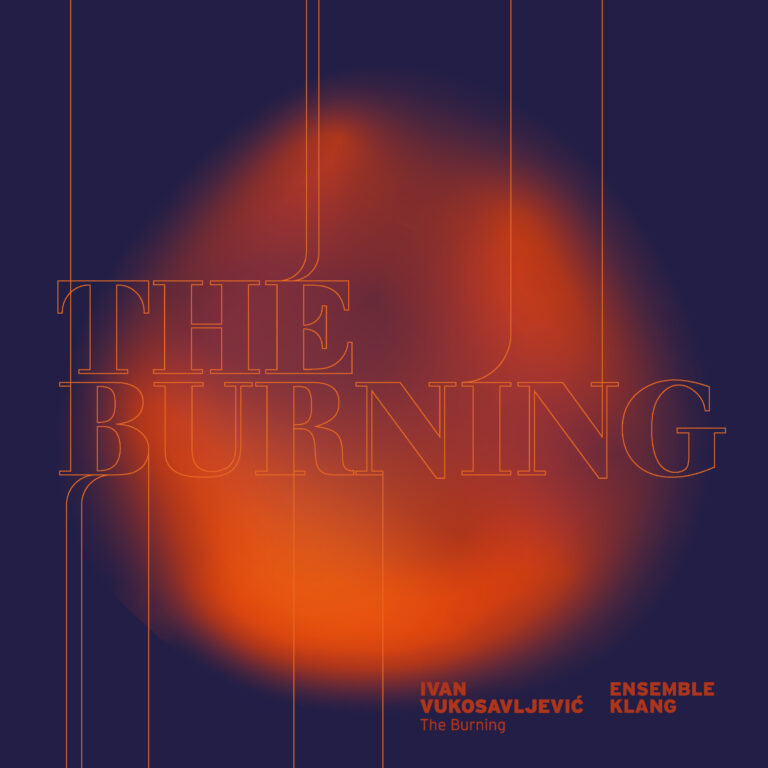
The Burning – Ivan Vukosavljević
Ivan Vukosavljević arms Ensemble Klang with an array of deconstructed electric guitars in The Burning, a 45 minute “ominous, majestic drone [that] starts as a smouldering glow, but gradually develops into a hellish forest inferno.” The symbolism of the burning is multiple but singular, both destructive and transformative, it is both a metaphor for continuation and an ending. It is the echo of the burning past and burning of the past.
Based in The Netherlands, Serbian composer Ivan Vukosavljević creates work that explores extreme amplification, hybrid instruments, specially designed playing techniques, and also improvisation.

Presence of Absence – Oscar Bettison
Ensemble Klang, Matangi Quartet with Michaela Riener
Oscar Bettison’s Presence of Absence reflects on Western Civilisation as builder and destroyer of cities. A soprano and ten musicians weave together contemporary and ancient texts to evoke the cultures’ ruins, observations through the gauze of what remains. The interspersal of excerpts about these physical spaces of absence – Roman ruins, oceans, and interstellar space – roots the work both in our moment and in the remove of time.
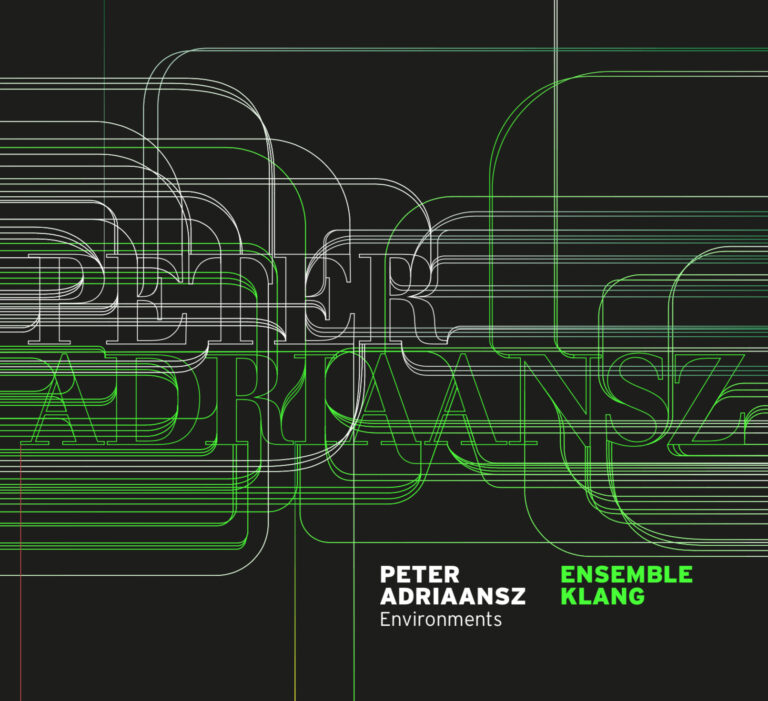
Environments – Peter Adriaansz
Ensemble Klang
In his largest work to date, Peter Adriaansz delivers a wide-ranging reflection on humankind and society. Multiple layers of musical material, from background hum and de-tuned guitars to florid piano scales, combine with spoken word texts to create expansive Environments. Robert Pirsig, Beat philosopher Alan Watts, and lines from the mysterious Kybalion, pose questions about how we fill our days, how we pass the time, and what the purpose might be of our intellectual, spiritual and political pursuits.
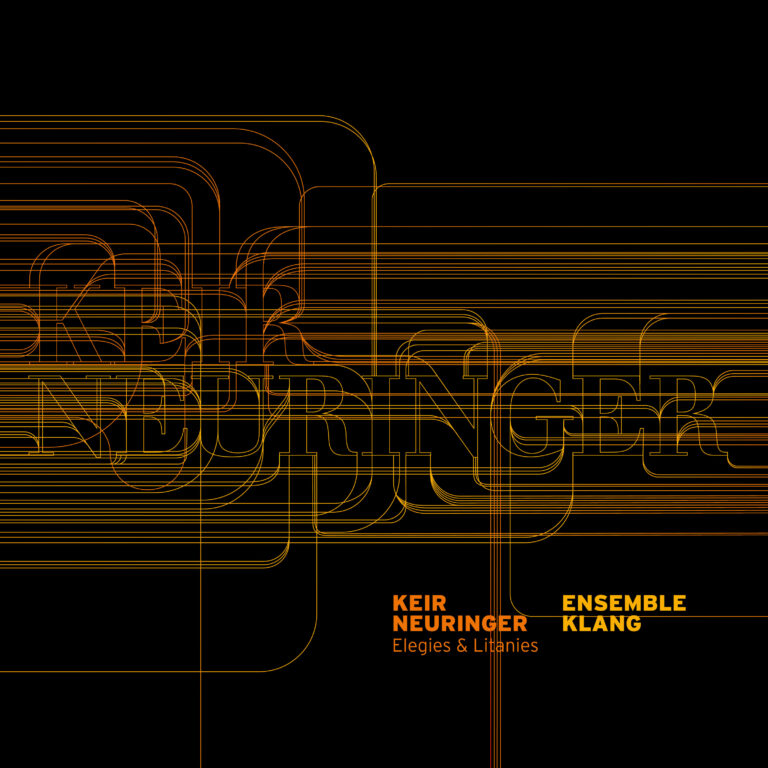
Elegies & Litanies – Keir Neuringer
Ensemble Klang
As long as he has written music, Keir Neuringer (1976) has imbued his work with a sense of urgency and a mordant earnestness about the harm and desolation of so-called Western culture. On Elegies & Litanies, outrage, despair, and a mourning for the gone world are revealed in a compositional palette that is at turns angular, smoldering, menacing, but also arcadian. These are works born as much out of the composer’s studio as out of the rehearsal studio with Ensemble Klang. For Neuringer, hope evolves not necessarily out of content or form, but out of action: in a personal formulation of Gramsci’s pessimism of the mind, optimism of the will, it evolves out of the shared ritual of music making.

Black Untitled – Michael Hersch
Ensemble Klang with Ah Young Hong
Black Untitled (2017) reveals a music of unfiltered, visceral intensity. Presenting two works by Michael Hersch (1971), Ensemble Klang delve into an oeuvre that explores the frailty and destruction of the human body. In cortex and ankle with soprano Ah Young Hong, they invoke a ritual of sound and space; while the stark and single-minded meditation of Black Untitled further reveals an unflinching music of ‘strange excitement’.

Cold Highlife – Matthew Wright
Ensemble Klang
Cold Highlife (2016) brings together three works at the interchange of notation, improvisation and technology: composer, improvisor and sound artist Matthew Wright draws on a bold sonic palette hewn from colliding forces. The bright energy of Ghanaian highlife music is dragged into a slowly melting Arctic soundscape. Flickering clouds of harpsichord become a distorted haze.
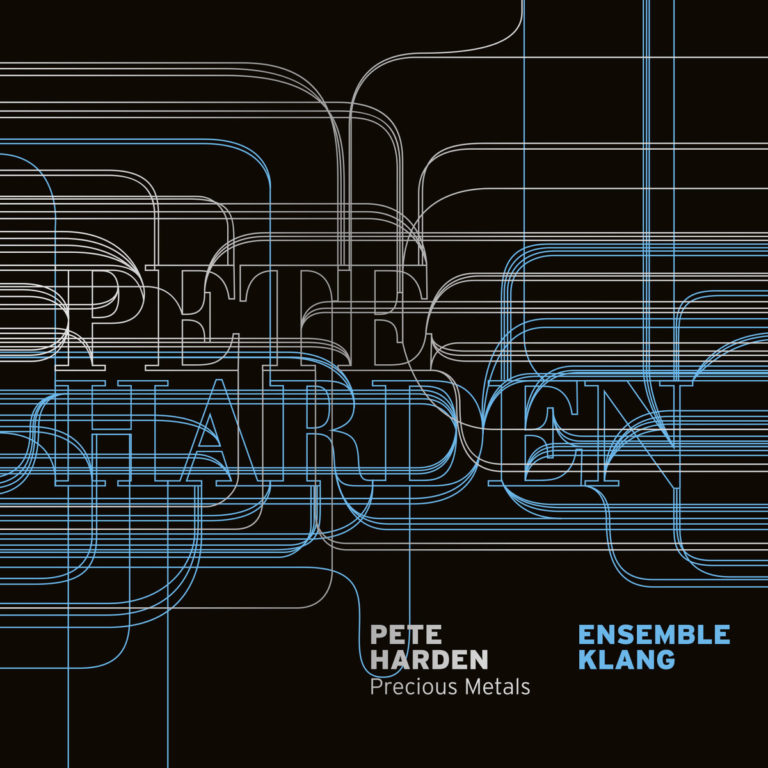
Precious Metals – Pete Harden
Ensemble Klang
In Precious Metals, composer Pete Harden conjures a world of rich humming surfaces punctured by howling wild vibrations, a set of works that at times soar with a bright radiance and at others crash with shattering ferocity. Distorted trombones and stuttering guitars lead you through an exploration of texture and resonance. The works, imagined as plates – of different metals, age and corrosion – hang adjacent to each other. Your ears left to trace fluctuations in colour and grain, small impurities within each solid structure.
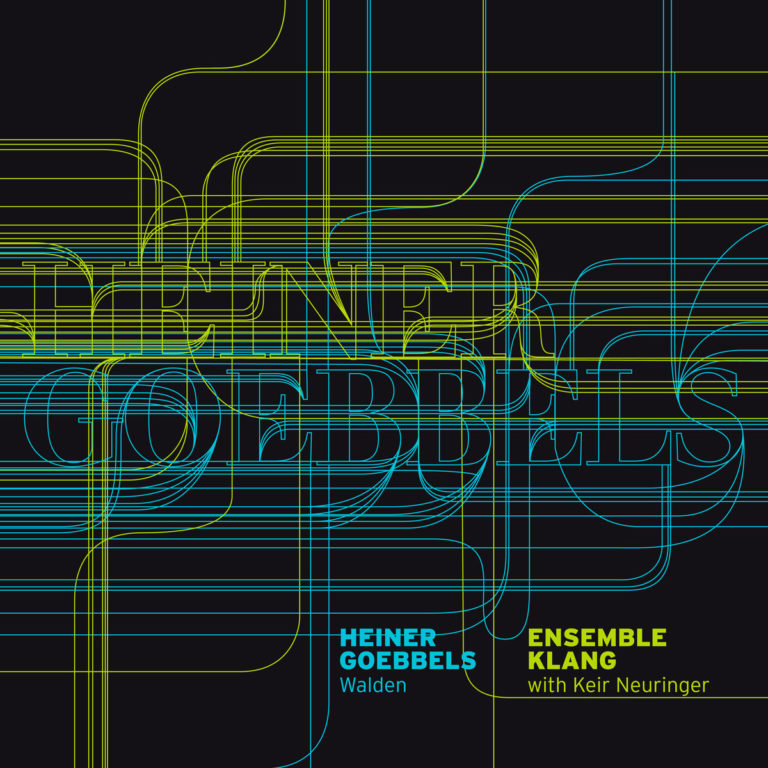
Walden – Heiner Goebbels
Ensemble Klang with Keir Neuringer
Heiner Goebbels’ Walden sculpts a set of musical landscapes after the eponymous novel by 19th century naturalist Henry David Thoreau, a grandfather of both modern environmentalism and civil disobedience. Conceived as a counterpoint to the metropolitan images of his earlier work Surrogate Cities, Heiner Goebbels originally composed Walden in 1998 for the Ensemble Modern Orchestra (the ensemble version on this disc dating to 2008). But Walden drifts away from a traditional orchestral soundworld, relying on a number of specially-built instruments to create vibrant and unreal sounds, principally the ‘steel cello’ and ‘bow chimes’ designed by American painter, sculptor and musician Bob Rutman, to whom the work is dedicated.
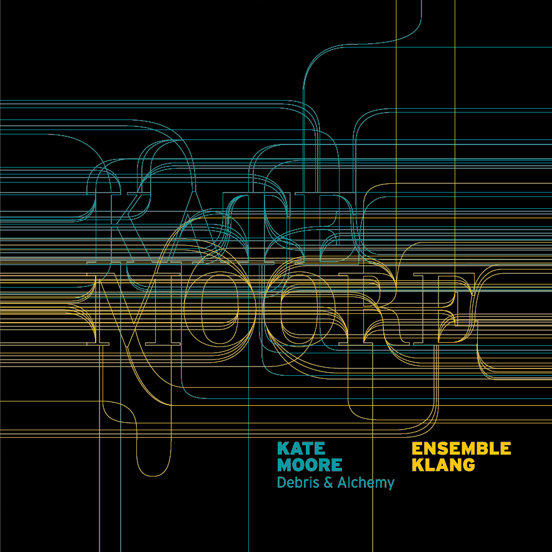
Debris & Alchemy – Kate Moore
Ensemble Klang
Kate Moore (1979) presents music that feels simultaneously familiar and strange. It explores the transformation of musical material through a landscape of memory and reference. In Debris & Alchemy allusions of 60s folk/pop, the experimental avant-garde, sacred music and hard-core gothic rock are splattered with the sounds of strange objects, shards of porcelain, car engine springs and garbage cans. Pairing church organ with an eccentric mix of saxophones and electric guitar conjures a wilderness of crumbling gothic architecture and decaying rusty cars.

Music at the edge of collapse – Matthew Wright
Ensemble Klang
Matthew Wright (1977) is a composer, improviser and sound artist working at the edges of concert and club culture. Music at the edge of collapse weaves together asymmetric structures and detuned melodies with splintered beats and totemic forms in a set of works where musical time and classical notation are constantly fragmented and re-imagined.
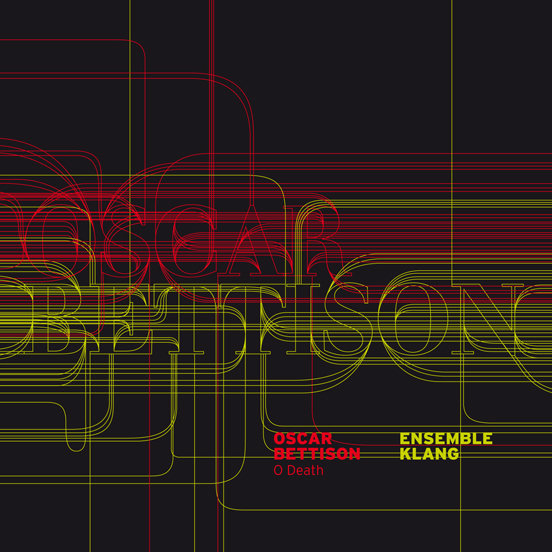
O Death – Oscar Bettison
Ensemble Klang
Oscar Bettison (1975) works within and outside the confines of concert music, frequently combining traditional with invented and re-imagined instruments. O Death mixes saxophones, trombone, banjo and piano with jaw’s harps, harmonicas, recorders, melodica, flower pots and prepared wrenches. This seven-movement requiem masque assembles a broad range of traditions, including blues and other American folk music, exploring the theme of death and transcendence. O Death presents a dream of life from the perspective of the timeless dead and a premonition of death from the vantage of the clock-bound living.
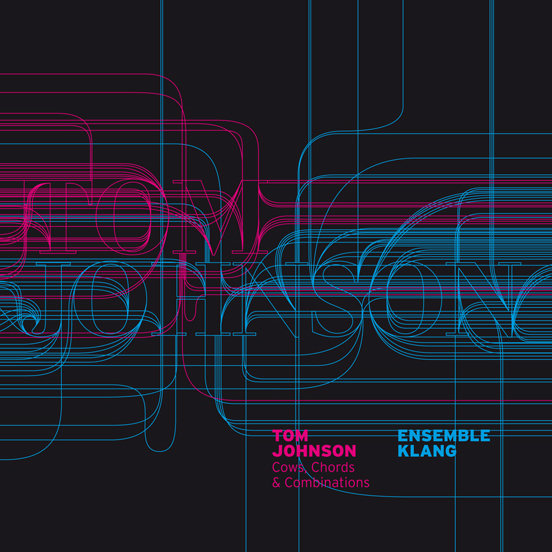
Cows, Chords & Combinations – Tom Johnson
Ensemble Klang
Tom Johnson (1939) belongs to a rich tradition of artists, from Marcel Duchamp through John Cage, who prefer ‘finding’ to ‘creating’. In Johnson’s case, a surprising musical beauty is found in the regularity, logic and symmetry of pre-existing mathematical structures. A clarity of texture, an ear for transparent harmony and a preference for simple and elegant rhythmical designs are more than mere characteristics of Johnson’s sound world, they are structural determinants that drive the forms themselves.

